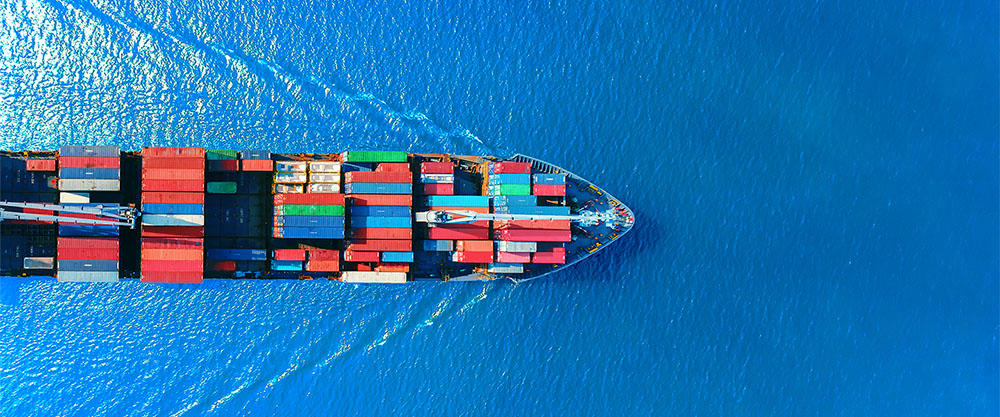As published on Business Today, 1 October 2025
Malaysian businesses are cautiously optimistic in Q3 of 2025, according to the Grant Thornton International Business Report (IBR), despite ongoing challenges from competition, economic uncertainty and availability of skilled workers.
The survey shows that 57% of businesses in Malaysia are optimistic about the country’s economy over the next 12 months, down seven points from 64% in Q2. More business leaders plan to increase selling prices, 52% (up eight points from 44% in Q2) which may reflect pricing pressures in competitive or inflation-sensitive markets. As a result, fewer business leaders expect to see an increase in revenue (56%, down two points from 58% in Q2), suggesting that while businesses are optimistic, they are also realistic about the challenges ahead.
Businesses are also looking outward to drive growth. Exports have increased marginally at 40%, compared to 38% in Q2. More businesses are also increasingly diversifying their reach, with 42% selling to more countries compared to 36% in Q2. Revenues generated from non-domestic markets rose to 42% from 34% in Q2.
Global optimism however, has returned to its all-time high, with 76% of businesses are optimistic about the outlook for their economy over the next 12 months, according to the IBR. This marks the first increase in optimism this year and now matches the level seen in Q4 2024, before the announcement of US tariffs.
Kishan Jasani, Country CEO of Grant Thornton Malaysia said, “The biggest shake-up in global trade in years has created both disruption and opportunity. Malaysian businesses are responding with intent by raising selling prices to offset cost pressures while also expanding into more markets to build resilience and competitiveness.”
Business constraints
Concerns over several constraints to business growth are increasing this quarter, highlighting the complex environment that Malaysian businesses continue to navigate.
According to the IBR, competition is the most cited constraints, marking a sharp 15 points jump to 55%. This is followed by economic uncertainty and availability of skilled workers, with 51% of business leaders identifying them as concerns respectively.
The consequences of the changing tariff landscape is a likely catalyst to this rise in competitive pressure and reflects increased market fragmentation and the race to capture new international opportunities.
These pressures are contributing to growing unease around supply chains, with 36% of business leaders citing supply chain complexity as a constraint, an increase of 2 points, reflecting the ongoing reconfiguration of global value chains in response to tariffs, regionalisation, and nearshoring trends.
Investment intentions
Investment intentions remain strong as Malaysian businesses look to future-proof operations amid global uncertainty. Information technology and people appeared to be the top investment priority, with 55% of businesses planning to increase spending over the next 12 months. Within this category, artificial intelligence remains the most prominent area of focus, with 66% planning to invest. 78% of businesses are planning to invest in upskilling their people.
The survey shows that investment intentions in brand increased sharply to 51% (up twenty points from 31% in Q2), while investment intentions in research & development rose to 51% as well (up sixteen points from 35% in Q2).
“This rise reflects a strategic shift towards building intangible assets that drive long-term competitiveness rather than focusing solely on immediate output. As businesses expand internationally, brand recognition and innovation will be critical in enhancing their competitive edge,” added Kishan.
Conclusion
“The latest IBR findings show that while Malaysian businesses face rising costs and intense competition, they are adapting for stronger international engagement, and sustained investment. This outward-looking, resilient approach will be key to growth.
They are not waiting for stability, they are building it, by investing in what matters most: their people, their purpose, and their ability to adapt,” Kishan concluded.

